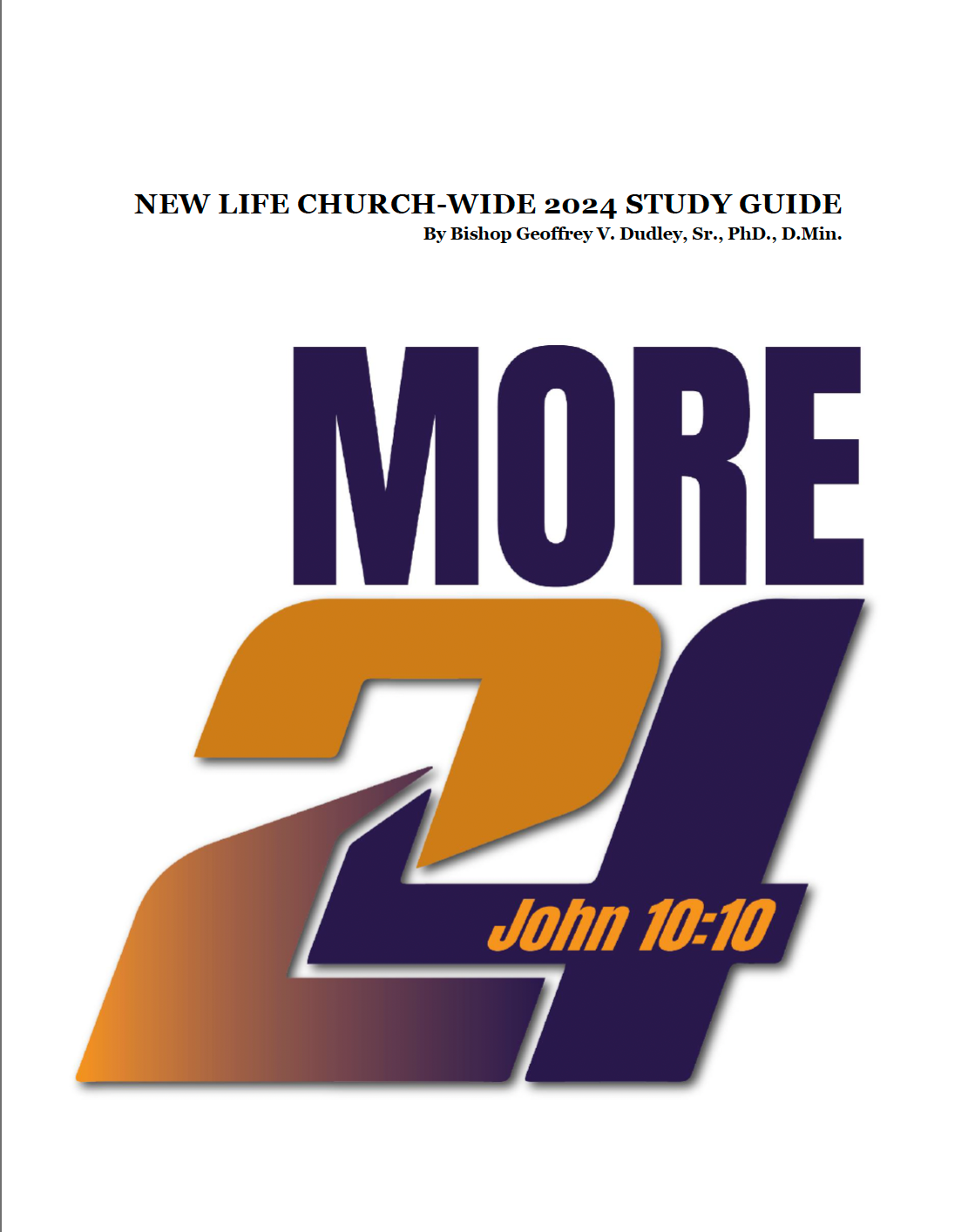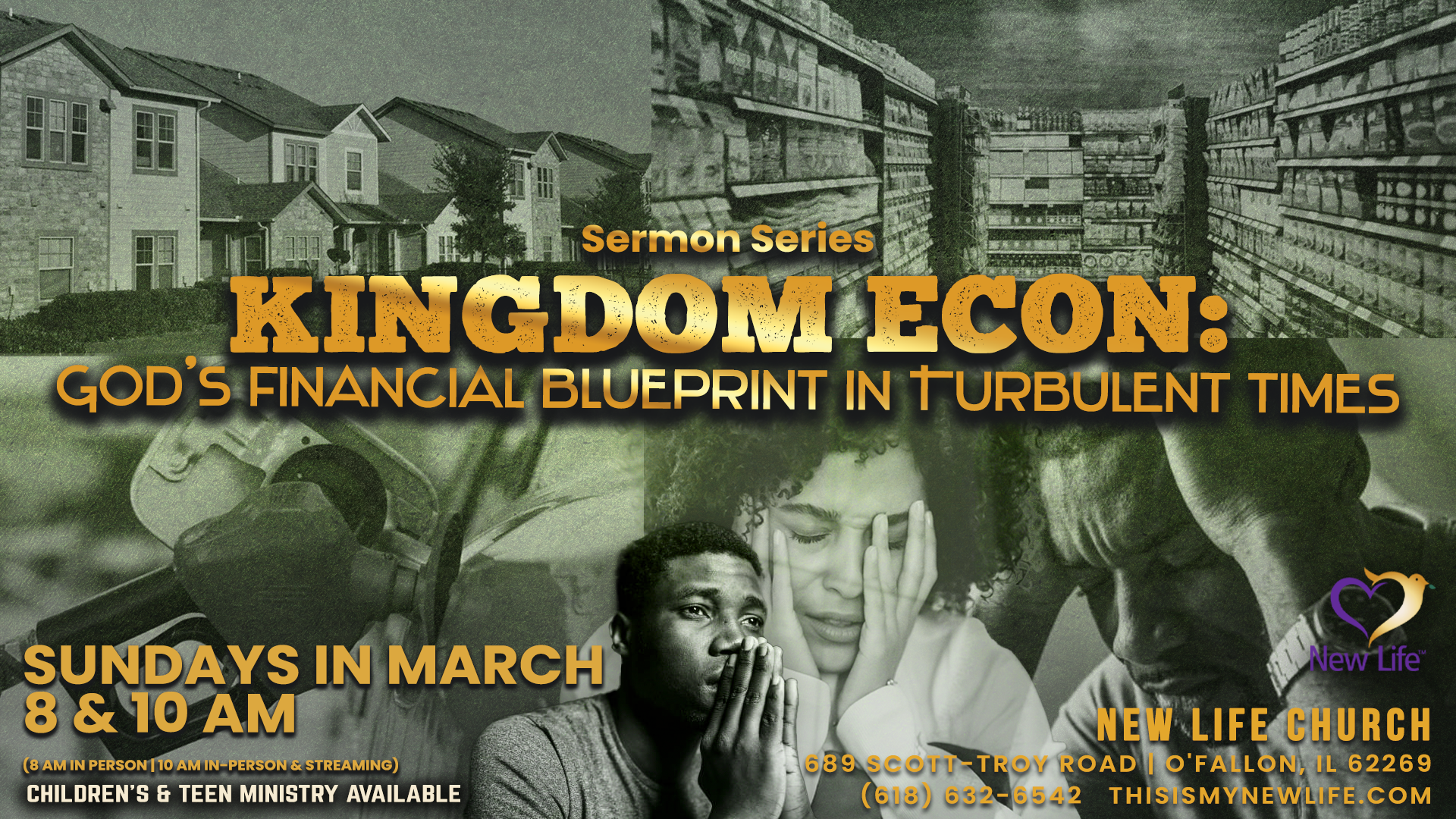
March 5th Bible Study - LENT
LENT

Brief History of Lent
Lent is a 40-day season (excluding Sundays) observed by many Christian traditions leading up to
Easter. It is a time of repentance, fasting, prayer, and self-denial, reflecting Jesus’ 40 days in the
wilderness.
The practice of Lent dates back to the early Church. By the 4th century, the Council of Nicaea
(325 AD) officially recognized a 40-day period of fasting before Easter. Early Christians
prepared for baptism during this time, making it a season of deep spiritual formation. Over time,
it evolved into a broader call for all believers to renew their faith, practice repentance, and
meditate on Christ’s sacrifice.
Lent begins on Ash Wednesday, marked by the imposition of ashes, a sign of mourning,
repentance, and human frailty (Genesis 3:19 – “For you are dust, and to dust you shall return”).
The final week of Lent, known as Holy Week, includes Palm Sunday, Maundy Thursday
(commemorating the Last Supper), Good Friday (remembering Jesus' crucifixion), and finally
Easter Sunday, celebrating the resurrection.
Don't Fast from Fast To targetfast.org
Excessive: Buying/shopping, (Target in particular, others will come later, remember
this is not just about commerce, but spiritual), buy from Black and Brown people
(people of color) TV watching (favorite shows, mini-series that drag down your spirit
or is not like Christ), music that impacts your spirit, etc. Double down on Bible
reading, church attendance, discipling, sharing the gospel, prayer, etc.
The Significance of 40 Days in Scripture and Its Relation to Lent
Throughout Scripture, the number 40 is symbolic of testing, preparation, purification, and
transformation. It represents a season of trial that leads to divine renewal—mirroring the 40
days of Lent, where believers focus on repentance, fasting, and drawing closer to God.
Here are the key instances of 40 days in the Bible and their connection to Lent:
1. Jesus' 40 Days in the Wilderness (Matthew 4:1-2, Mark 1:12-13, Luke 4:1-2)
• Scripture: “Then Jesus was led up by the Spirit into the wilderness to be tempted by the
devil. And after fasting forty days and forty nights, he was hungry.” (Matthew 4:1-2)
• Meaning for Lent:
o This is the foundational parallel for Lent.
o Jesus fasted and prayed before stepping into His public ministry.
o He overcame temptation, showing us the power of spiritual discipline.
o Lent is our wilderness—a time to strengthen faith, fight temptation, and
prepare for resurrection power.
2. Moses’ 40 Days on Mount Sinai (Exodus 24:18, Exodus 34:28, Deuteronomy
9:9-18)
• Scripture: “So he was there with the Lord forty days and forty nights. He neither ate
bread nor drank water. And he wrote on the tablets the words of the covenant, the Ten
Commandments.” (Exodus 34:28)
• Meaning for Lent:
o Moses fasted for 40 days while receiving God’s law.
o This was a period of divine revelation and covenant renewal.
o Lent calls us to renew our commitment to God’s Word and align our lives with
His commands.
3. Elijah’s 40-Day Journey to Mount Horeb (1 Kings 19:8)
• Scripture: “And he arose and ate and drank, and went in the strength of that food forty
days and forty nights to Horeb, the mount of God.”
• Meaning for Lent:
o Elijah, discouraged and on the run, fasted for 40 days and found divine strength.
o Lent reminds us that in seasons of weariness and struggle, God sustains us.
o Prayer and fasting restore our spiritual strength when we feel weak.
4. The Flood Lasted 40 Days and 40 Nights (Genesis 7:12, 8:6)
• Scripture: “And rain fell upon the earth forty days and forty nights.” (Genesis 7:12)
• Meaning for Lent:
o The flood was God’s cleansing of the earth.
o Just as Noah and his family emerged into a new beginning, Lent is a season of
purification leading to spiritual renewal.
5. Israel Wandered the Wilderness for 40 Years (Numbers 14:33-34,
Deuteronomy 8:2)
• Scripture: “And your children shall be shepherds in the wilderness forty years and shall
suffer for your faithlessness, until the last of your dead bodies lies in the wilderness.”
(Numbers 14:33)
• Meaning for Lent:
o The Israelites wandered as a consequence of disobedience.
o Lent calls us to repent, surrender our will, and trust God's direction.
o It is a season of letting go of the old and stepping into God’s promises.
6. Jonah Preached Repentance to Nineveh for 40 Days (Jonah 3:4)
• Scripture: “Jonah began to go into the city, going a day’s journey. And he called out,
‘Yet forty days, and Nineveh shall be overthrown!’”
• Meaning for Lent:
o The people of Nineveh fasted and repented.
o Lent is a call to personal repentance and transformation.
o God’s mercy is always available when we turn back to Him.
7. Goliath Taunted Israel for 40 Days Before David Defeated Him (1 Samuel
17:16)
• Scripture: “For forty days the Philistine came forward and took his stand, morning and
evening.”
• Meaning for Lent:
o Goliath represents the spiritual battles we face.
o Lent prepares us to stand strong, relying on God’s strength to overcome our
giants.
8. Jesus’ 40 Days Between Resurrection and Ascension (Acts 1:3)
• Scripture: “He presented himself alive to them after his suffering by many proofs,
appearing to them during forty days and speaking about the kingdom of God.”
• Meaning for Lent:
o Jesus prepared His disciples for their mission after His resurrection.
o Lent leads us to Easter, the ultimate victory over sin and death.
o This period reminds us that after trial comes transformation and
empowerment.
Conclusion: The 40-Day Pattern and Lent
Every 40-day period in Scripture involves:
✅ Testing and trial
✅ Purification and preparation
✅ Divine revelation and renewal
✅ A transition to a new spiritual level
Lent mirrors this biblical pattern—it is our season of spiritual refinement. It prepares us for
a deeper resurrection experience, a fresh encounter with God, and a strengthened faith for
the journey ahead.
Final Thought:
"Survive the 40, and you'll step into power."
Would you like me to turn this into a sermon or devotional series?
689 Scott Troy Road, O'Fallon, IL 62254
Phone: (618) 632-6542
Fax: (618) 632-1650
Email:
689NewLife@gmail.com







































